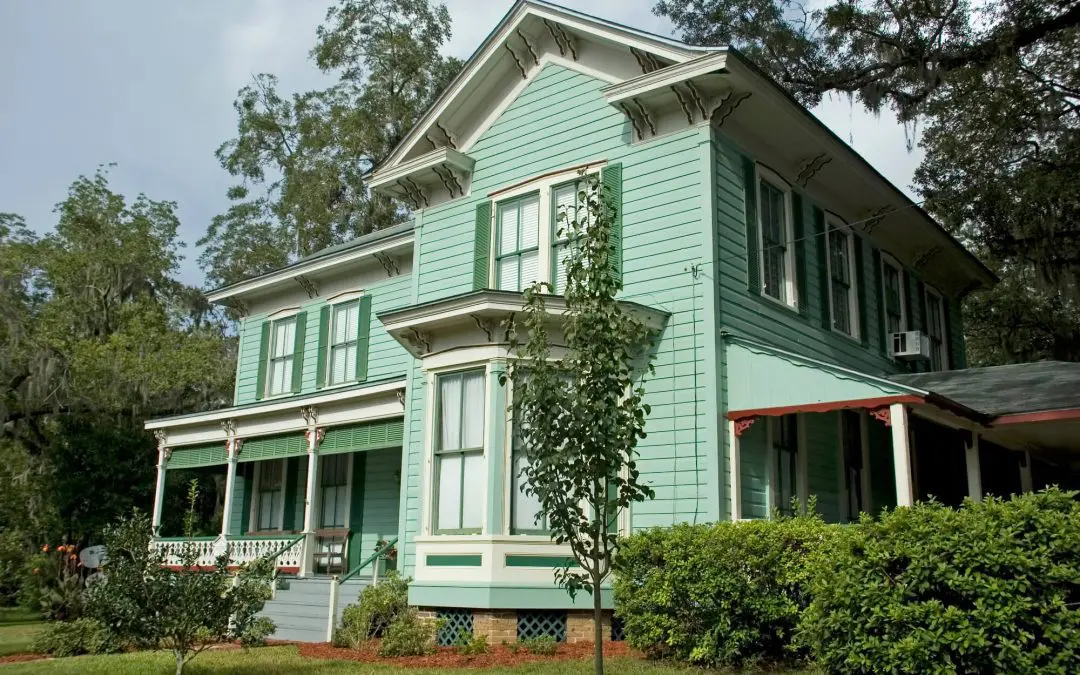Older homes possess a unique charm and character that can be irresistible to homeowners, but they often come with concerns that need careful consideration. From outdated electrical systems to structural issues, addressing these issues is crucial for the home’s safety, comfort, and longevity. In this article, we will explore some of the most common concerns in older homes and offer insights into how homeowners can tackle them effectively.
1. Common Concerns in Older Homes: Outdated Electrical Systems
One of the most significant concerns in older homes is outdated electrical systems. Many older properties were built before the widespread use of modern appliances and electronics, leading to electrical systems that may not be equipped to handle the demands of today’s technology. Knob and tube wiring, outdated circuit breakers, and insufficient outlets can pose serious safety hazards.
Homeowners should consider hiring a qualified electrician to assess the wiring and upgrade the electrical system. This may involve rewiring the entire house, installing modern circuit breakers, and ensuring the electrical system complies with current safety standards.
2. Plumbing Issues
Older homes often have plumbing systems that have endured decades of wear and tear. Common plumbing concerns include leaky pipes, corroded water heaters, and outdated plumbing materials like galvanized steel pipes, which can be prone to rust and corrosion.
To mitigate plumbing issues, homeowners should conduct regular inspections, fix leaks promptly, and consider replacing old pipes with more durable materials such as copper or PEX. Upgrading fixtures and appliances, such as water heaters and faucets, can also improve the overall efficiency and reliability of the plumbing system.
3. Foundation and Structural Concerns are Common Concerns in Older Homes
Over time, the foundation and structure of older homes may experience settling, cracks, or deterioration. These issues can compromise the stability and safety of the entire house.
Homeowners should be vigilant for signs of foundation problems, such as cracks in the walls, uneven floors, or doors that no longer close properly. Consulting with a structural engineer can help identify the extent of the issues and recommend appropriate solutions, including foundation repairs or reinforcement.
4. Inadequate Insulation
Many older homes were constructed with insulation materials that are now considered outdated, leading to energy inefficiency and increased utility bills. Inadequate insulation can result in uncomfortable living conditions and strain on heating and cooling systems.
To address insulation concerns, homeowners can consider adding insulation to attics, walls, and floors. Modern insulation materials, such as fiberglass or spray foam, significantly improve energy efficiency and create a more comfortable living environment.
5. Lead-Based Paint and Asbestos
Homes built before 1978 may contain lead-based paint, and those constructed before the 1980s could have asbestos-containing materials. Both pose serious health risks when disturbed.
If homeowners suspect the presence of lead-based paint or asbestos, it is essential to consult with professionals for testing and removal. Ignoring these hazardous materials can lead to serious health consequences, especially for children and pregnant women.
While older homes possess a unique charm, addressing common concerns is crucial for maintaining their safety, functionality, and longevity. Homeowners should proactively identify and address issues such as outdated electrical systems, plumbing problems, foundation concerns, inadequate insulation, and hazardous materials. Seeking professional advice and investing in necessary upgrades can enhance the overall quality of living in an older home and preserve its character for generations to come.
GreenTech Home Inspections provides inspections to customers in the Las Vegas area. If you’re buying or selling a home, contact us to request our services.

